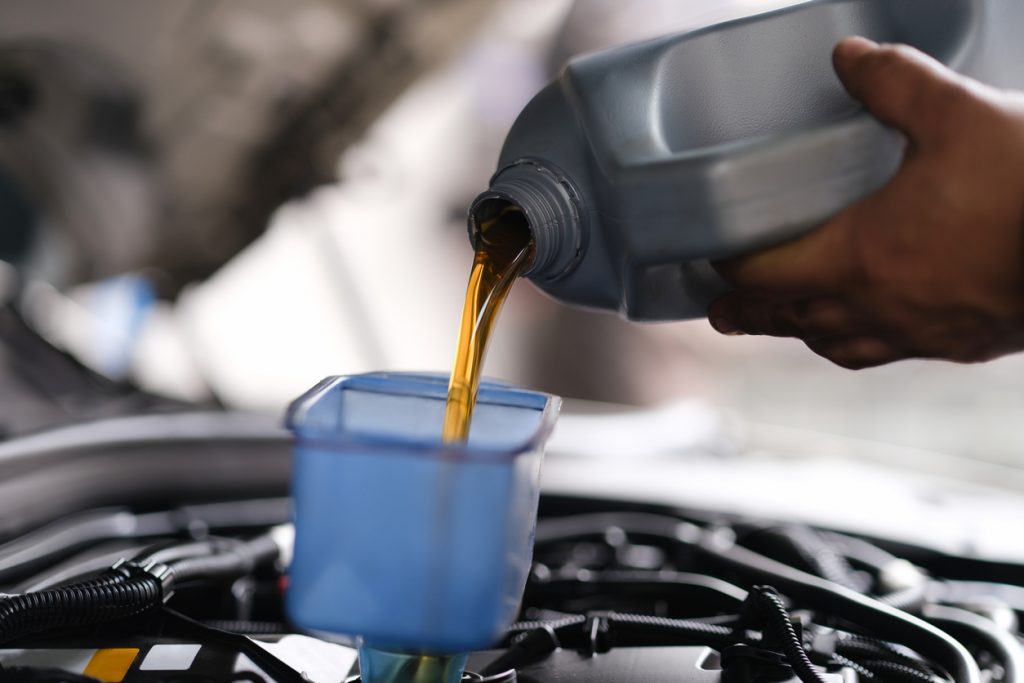Occasionally you may find yourself wanting to breathe life into a tired old power unit that’s been sitting in the old project car at the back of your garage. Perhaps you’ve got a neat little sportscar back there that’s just waiting to stretch its legs again, but you’re a bit concerned about how the engine’s going to react to going back to what it’s built for. Well, that’s where engine flushing comes in. But what is it, how does it work and do you really need it? Let Scrap Car Comparison guide you through all you’ll need to know.
But first, are all of your problems really going to be saved by working on the engine? Perhaps that’s just the tip of the iceberg and deep down you just know there’s going to be plenty more problems where they came from. If so, why not get rid of all of them in one fell swoop and scrap your car with Scrap Car Comparison? We work with registered Authorised Treatment Facilities up and down the country, meaning no matter where you are we’ll be able to find a competitive quote for you and your car. Get started today and find out just how much your vehicle could be worth in less than a minute.

What is an engine flush?
An engine flush is a chemical that you add to your engine to remove any build up of sludge, dirt and other deposits that might have settled as a result of the internal combustion process. An engine flush is not too dissimilar to synthetic oil products, which include additives designed to clean out your engine as they move through the system.
What does flushing your engine actually do?
Flushing your engine helps to clear out any of the detritus that has gathered as you’ve been driving along, and a cleaner engine is less likely to suffer any mechanical maladies along the way.
Does my car need an engine flush?
Engine flushes are not what would be considered routine maintenance tasks, so you shouldn’t be carrying one out every time that you change your oil, for example. You’re more likely to need an engine flush if you only ever carry out short journeys, so taking your car out for a good run every now and again will do it a world of good and could avoid the need for a flush.
Be warned, however. In some older vehicles with high mileage, that layer of sludge may be the only thing stopping oil from reaching cracked or worn seals. With the sludge removed, you may find yourself now facing an oil leak and all the flush did was reveal just how bad your seals already were.
How often should you flush your engine?
On average you should look to flush your engine once or twice a year, although this could change depending on the environmental factors – such as the number of short journeys you do and the temperatures of the climate you live in. Hot and dusty climates are more likely to require engine flushes than cooler climes, for example. If you are flushing your engine, it makes sense to carry out an oil change at the same time.
Can you flush your engine yourself?
If you’re particularly handy under the bonnet and would plan to carry out an oil change on your own rather than taking it to a garage, then you can flush the engine yourself, making sure to follow the instructions on the product that you use. However, if you’re not particularly sure what you’re looking at, and if checking oil levels is about as technical as you can go, then it’s probably best you leave it to a professional and take it to the garage who services your vehicle.
Get the best price with Scrap Car Comparison
If an engine flush is just the first of a long line of potential issues, then you might find it’s easier to just scrap the entire car and be rid of your problems for good. By using Scrap Car Comparison to scrap your car or van, you’re guaranteeing yourself the very best quote available. We only work with certified buyers, meaning your vehicle will be recycled in line with all legal requirements, and our collection service covers 99% of the country, so you’re never too far away to use Scrap Car Comparison. Get started today to see just how much your old car could be worth.


